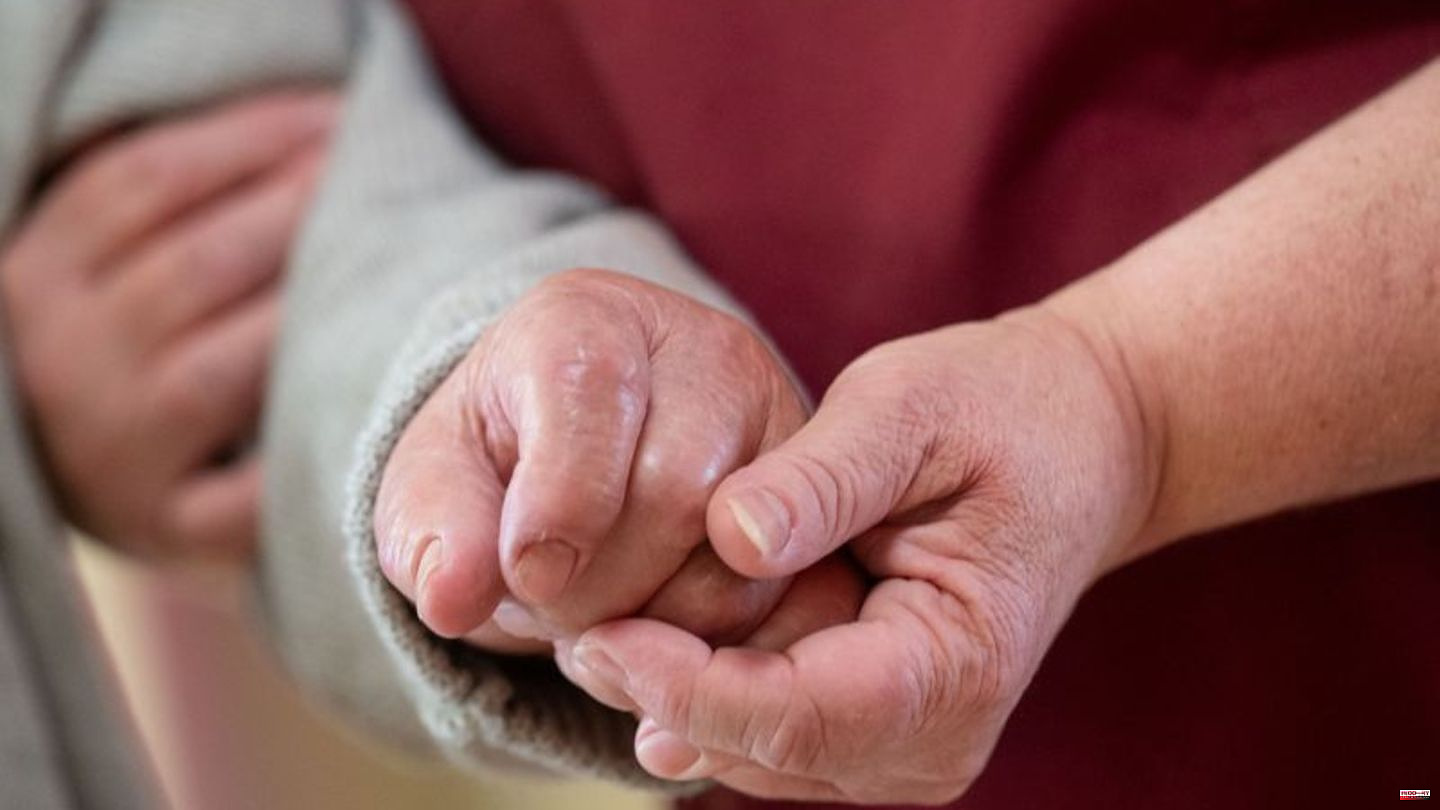According to a study, one in five carers is at risk of poverty. This is the conclusion reached by the German Institute for Economic Research Berlin (DIW Berlin) after evaluating the data from the socio-economic panel. In the case of caregiving women, around one in four is at risk of poverty (24 percent), according to the DIW in its study, which was presented by the social association VdK in Berlin on Tuesday.
As a result, people who care for their father, mother, spouse or other relatives are significantly more likely to be at risk of poverty than German citizens on average. The risk of poverty here is 16 percent.
Caring households are also more likely to be recipients of state social benefits: at around 55 percent, their share is 7 percentage points higher than in the general population. According to the DIW, younger carers in particular have a high risk of poverty. For people aged 65 and over, the risk of poverty is almost average.
VdK President Verena Bentele said: "Caring makes you poor! That is the shocking truth that we can prove with these studies." Bentele therefore called for the introduction of a salary for caring relatives. "The amount should be based on the effort required for care." According to the DIW, such a salary would particularly help women who have already reduced their work or given up completely, as well as parents of children in need of care.
own future in jeopardy
According to another survey commissioned by the VdK, 49 percent of all carers say they have reduced their working hours because of the care. The survey was carried out by the nursing scientist Andreas Büscher from the Osnabrück University of Applied Sciences. Because of the reduced working hours, those affected lose pension points and salary, as the VdK emphasized. According to Büscher, a total of 3.1 out of 4.1 million people in need of care in Germany are either cared for by relatives alone or by relatives and outpatient care services.
According to the survey, financial worries are a daily companion for a third of caregivers. Many did without professional relief because it would aggravate their financial situation. More than 50 percent state that they no longer use services such as nursing services, day care, respite care or short-term care because they would have to pay too much. Bentele said: "It is shocking to see that professional support and relief is being dispensed with out of financial concerns."












